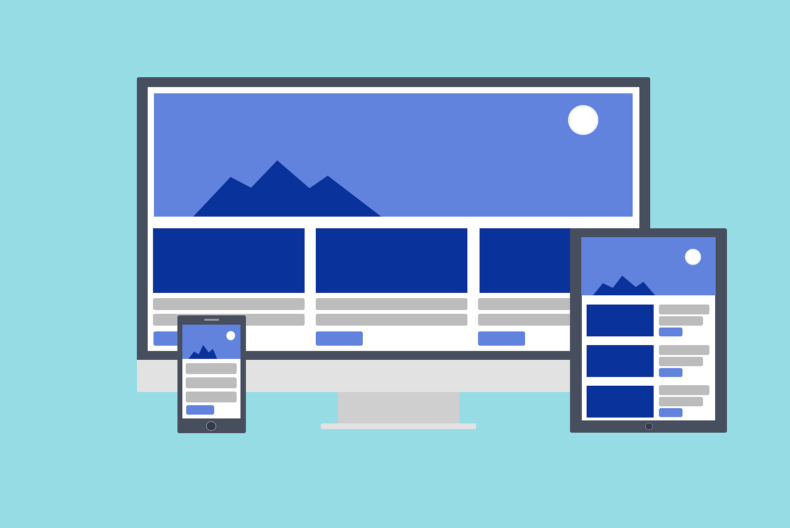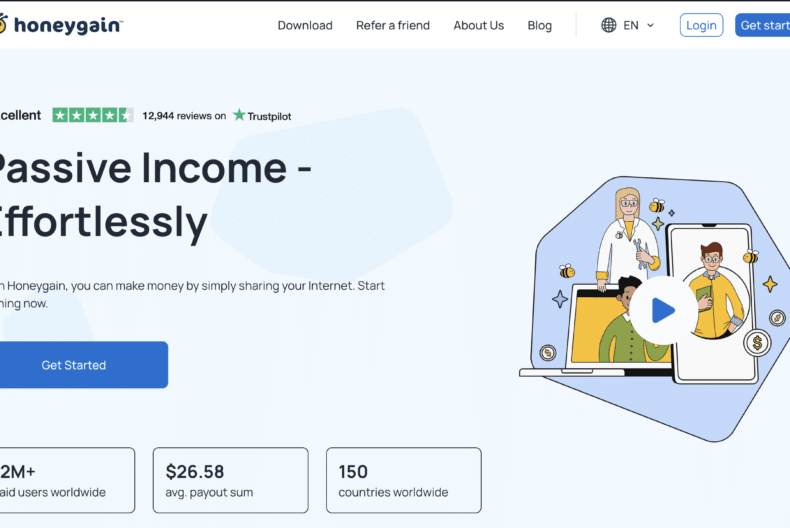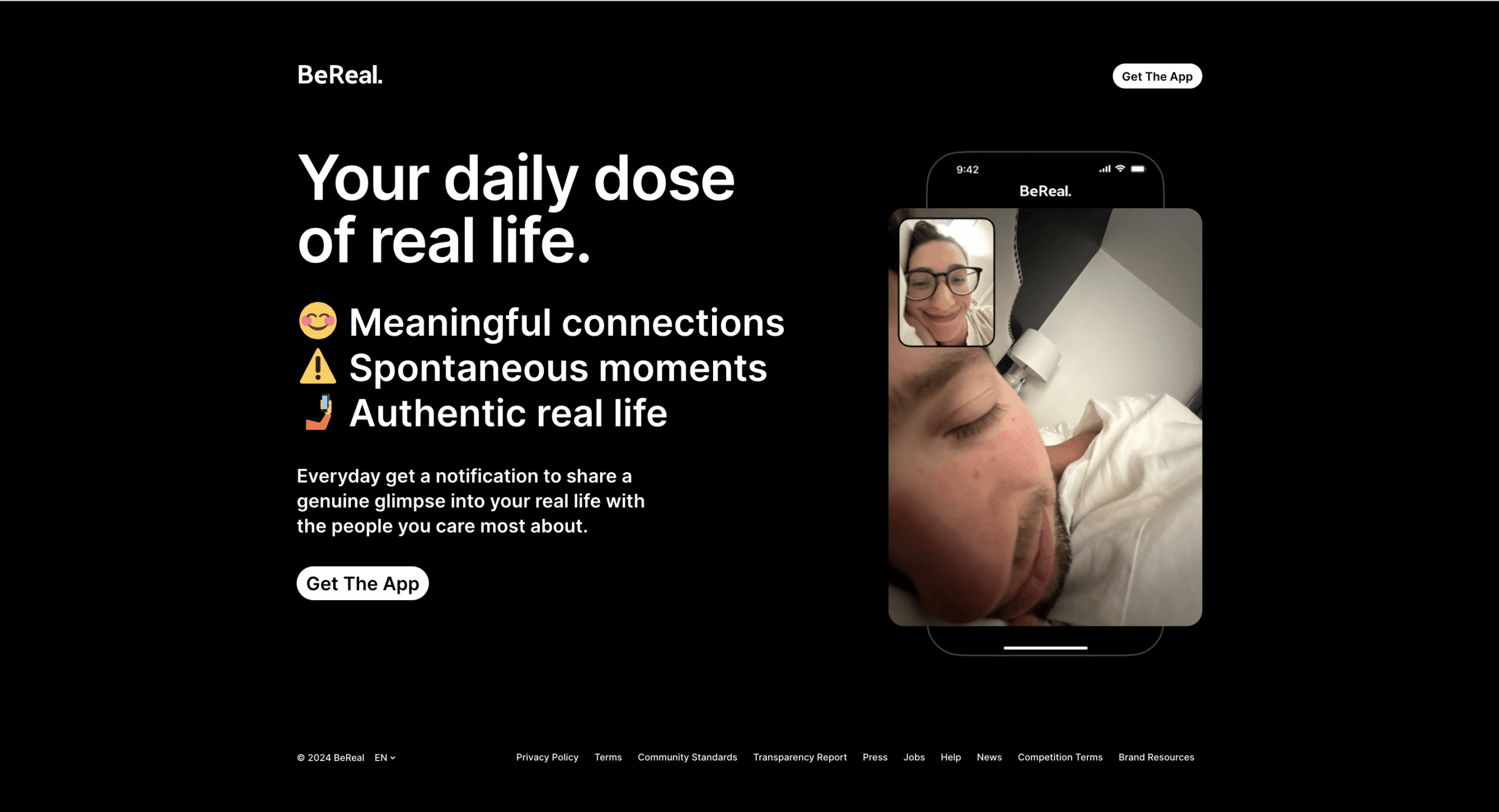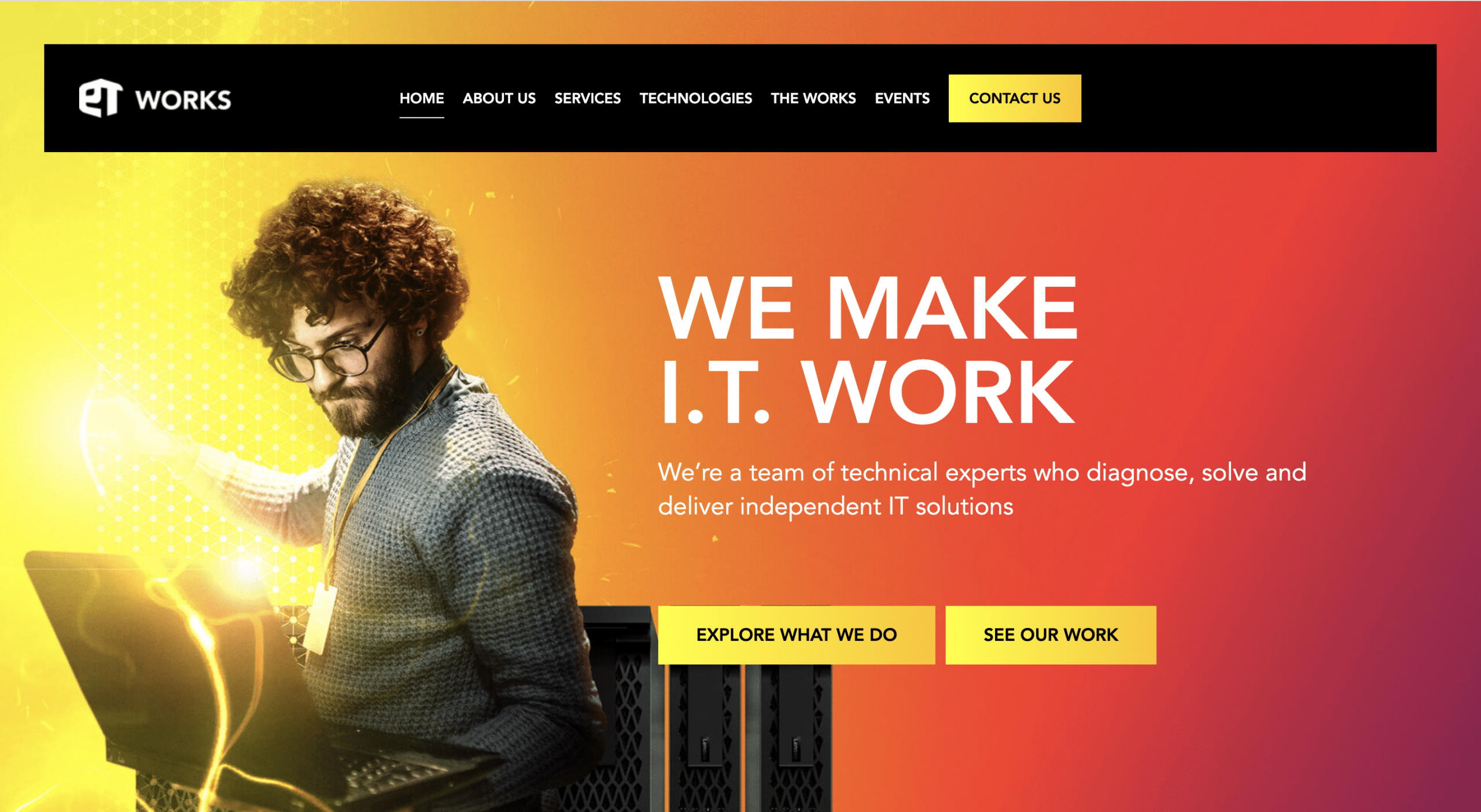How to become a WordPress Developer
By Sean Lang

The digital landscape is teeming with websites, and WordPress reigns supreme as the CMS powering over 43% of them. It’s no wonder this open-source platform has become a goldmine for developers, offering diverse avenues for customisation and creation. But if you’re wondering how to join this thriving community of “WordPress blacksmiths,” this guide will forge your path.
Mastering the Fundamentals: Bricks and Mortar before the Design Flourishes
Before sculpting WordPress masterpieces, hone your foundational skills. This bedrock encompasses:
- HTML5 and CSS3: Learn to speak the language of websites. HTML lays the structure, while CSS paints the visual magic. Start with basic websites and advance to intricate layouts.
- PHP: This server-side scripting language is the heart of WordPress. Mastering its logic and syntax unlocks plugin development, theme customization, and custom functionality.
- MySQL: Understand how data is stored and retrieved. WordPress uses MySQL databases, so proficiency in querying and manipulating data is crucial.
- JavaScript: While not core to WordPress, basic JavaScript knowledge proves essential for interactive elements and enhancing user experience.
- Unraveling WordPress: Understanding the Engine at Play
Now, delve into the WordPress ecosystem itself. Immerse yourself in:
- Core Functionality: Understand how posts, pages, themes, plugins, and users work together. Build test websites, customize settings, and experiment with features.
- Theme Development: Learn the building blocks of themes, including templates, stylesheets, and theme functions. Start with modifying existing themes and progress to building custom ones.
- Plugin Development: Explore the power of plugins, mini-extensions that add functionality. Understand hooks, filters, and coding standards to create your own.
- Rest API: Unlock the potential for custom applications and integrations through the WordPress API.
- Sharpening Your Tools: Resources and Learning Paths
The journey continues with equipping yourself with the right tools and resources:
- Official WordPress Codex: Your gateway to comprehensive documentation, tutorials, and references. Dive into specific functions, hooks, and best practices.
- Online Courses: Platforms like Udemy, Coursera, and Treehouse offer structured learning paths, from beginner to advanced WordPress development.
- Books and Blogs: Stay updated with the latest trends and insights through relevant books and blogs like WP Tavern and SitePoint.
- Active Community: Join the vibrant WordPress community through forums, Slack channels, and meetups. Connect with other developers, seek help, and share knowledge.
- Building Your Portfolio: From Apprentice to Masterful Blacksmith
Put your skills to the test and showcase your abilities:
- Contribute to Open Source: Start by contributing to existing WordPress plugins or themes on GitHub. It’s a fantastic way to learn, collaborate, and build your reputation.
- Freelance Projects: Look for freelance gigs on platforms like Upwork or Fiverr. Start with small projects and gradually build your clientele and experience.
- Personal Projects: Create your own website or web app using WordPress. It’s a great learning experience and a strong addition to your portfolio.
- Beyond the Basics: Specialising for Niche Expertise
With these tools and the burning forge of dedication, you’ll be well on your way to becoming a master WordPress developer, your creations shaping the digital landscape for years to come.





